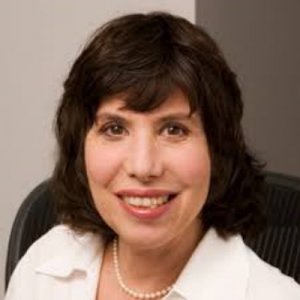Presented By: Department of Psychology
The Sameroff Lecture on Developmental Theory: When younger learners do better than older ones: Theory formation, causal models, and the evolution of learning.
Alison Gopnik, Professor, Department of Psychology and Affiliate Professor, Department of Philosophy, University of California Berkeley

In the past 15 years, we have discovered that even young children are adept at inferring causal relationship. But can children also infer more abstract causal “overhypotheses”? Are there differences in the ways that younger children, older children and adults learn? And do socioeconomic status and culture make a difference? I will present several studies showing a surprising pattern. Preschoolers can learn abstract higher-order principles from data, including logical relations, and 18-30 month-olds can learn relations of “same” and “different”. In addition, younger learners are actually sometimes better at inferring unusual or unlikely principles than older learners and adults. This pattern also holds for children in Peru and in Headstart programs in Oakland, California. I relate this pattern to computational ideas about search and sampling, to evolutionary ideas about human life history, and to neuroscience findings about the negative effects of frontal control on wide exploration. My hypothesis is that our distinctively long, protected human childhood allows an early period of broad hypothesis search, exploration and creativity, before the demands of goal-directed action set in.